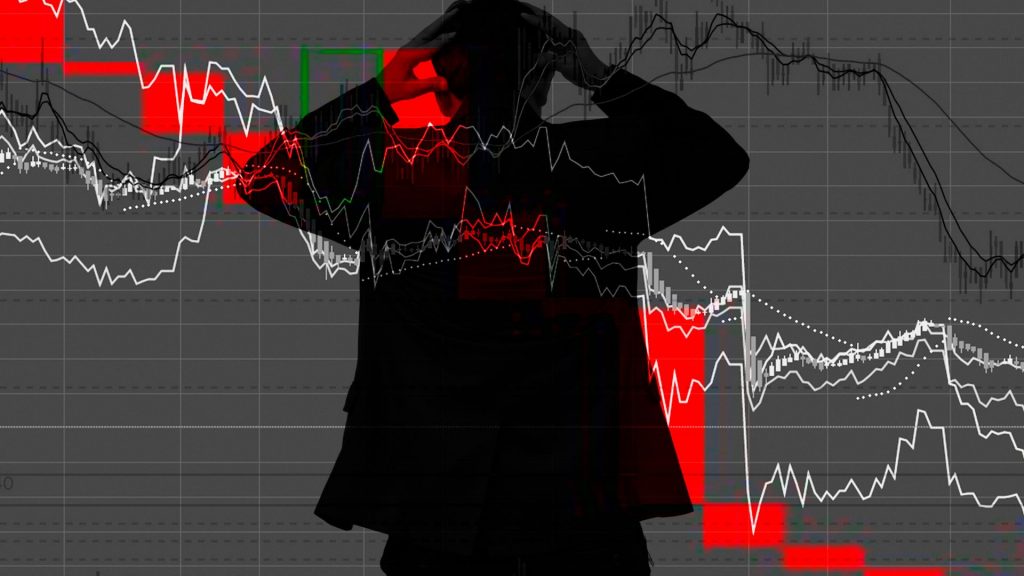
Throughout the years there are many economic crises that have hit the economies, but some have become so great that they have caused a worldwide economic recession. Next we will talk about some of these great recessions that have happened over the years.
Recession of 1914
This recession would coincide with the beginning of World War I. According to economists, although it was a severe contraction of up to almost 7%, it was eclipsed and forgotten by the emergence of World War I, the first global conflict in the entire history of mankind.
As the confrontation became increasingly evident, fear became felt in the different global markets. Unleashing this a great financial panic and the beginning of the recession of 1914.
Recession from 1930 to 1932 (the great depression)
This is considered the worst financial crisis of the twentieth century. This would begin with the collapse of the New York Stock Exchange, with this several countries also suffered a huge financial cataclysm. On October 24, 1929 the prices of the shares in the New York Stock Exchange collapsed drastically.
This collapse in the stock market would be known as “Black Thursday.” There were thousands of shareholders who lost all their money in just 1 days. This collapse would drastically accelerate the effects of the existing recession, thus causing the closure of companies and industries.
Recession of 1908
This was the first world financial crisis of the twentieth century, this would only be overcome by the great depression in gravity. This recession left a legacy that helped stimulate the monetary reform movement that would help the United States Federal Reserve to be created.
Economists comment that thanks to the lessons learned in the 1907 panic, it was learned about the importance of a central bank.
Recession of 1975
Between 1973 and 1975 there was a great crisis and the so -called “recession of the 1970s” would be caused. A period of economic stagnation that affected a large part of the western world, this crisis also managed to put a great high the economic boom that the world had had after World War II.
This recession differs from others since during the same a great “stagflation” was seen, a combination of recession with high levels of inflation. Among the main causes of this economic recession we find the 1973 oil crisis and the collapse of the Bretton Woods International Economic Management System, it is giving the so -called “Nixon Shock”.
The “Nixon Shock” was a series of measures that were adopted by the president of the United States of that time, Richard Nixon, measures that included ending unilaterally with the convertibility of the dollar into gold, and others.